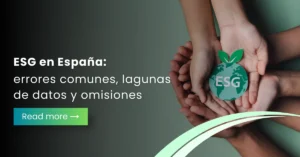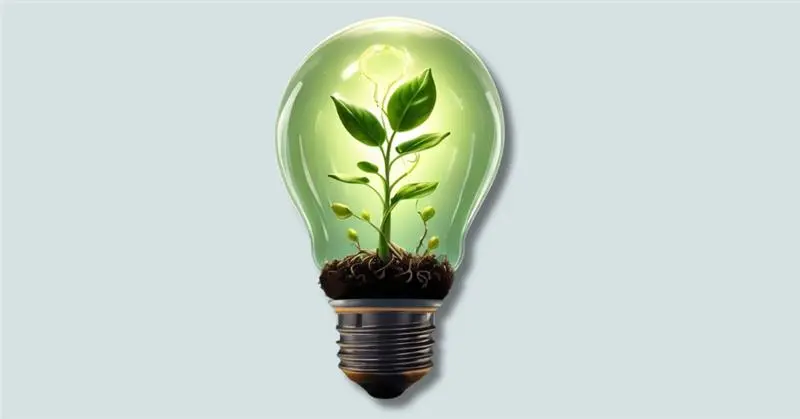A medida que la sostenibilidad se ha convertido en un...

Latest News & Updates
Think Beyond Today. Invest in a Sustainable Tomorrow with SAMESG® Reporting


Morocco has announced plans to phase out coal-fired power generation by 2040, a major step toward a cleaner and more diversified energy future. The transition, however, will depend on the country’s ability to secure sufficient international climate finance to fund infrastructure upgrades, renewable expansion, and a just transition for workers.
The pledge, confirmed by the Powering Past Coal Alliance (PPCA), places Morocco among a small but growing group of emerging economies linking fossil fuel phase-out timelines to concessional financing and climate partnership frameworks. Having joined the PPCA in 2023, Morocco is now reinforcing its alignment with nearly 60 governments committed to accelerating the global energy transition.
According to the PPCA, Morocco has halted all new coal power plant developments—a significant policy pivot for a nation that has long relied on imported coal to meet domestic electricity needs.
Coal accounted for nearly 60% of Morocco’s electricity generation in 2024, down from 70% just two years earlier. This decline reflects the government’s accelerated renewable rollout and expansion of natural gas as a transitional fuel.
The Ministry of Energy has set a goal for renewables to represent 52% of installed capacity by 2030, up from about 45% today. Landmark projects such as the Noor Ouarzazate Solar Complex and wind farms in Tarfaya and Midelt exemplify the country’s growing clean energy portfolio.
In a statement through the PPCA, Morocco’s energy minister described the coal exit as “a forward-looking commitment to balance energy security, affordability, and sustainability.”
The planned coal phase-out presents both social and financial challenges. Coal power remains a source of employment in several regions, and early plant retirements risk stranded assets and job displacement if not carefully managed.
Rachid Ennassiri, head of Moroccan climate think tank Imal, noted that the 2040 timeline “signals intent to manage early retirements, contractual reforms, and a just transition backed by accessible international climate finance.”
To achieve this, Morocco is pursuing partnerships with multilateral lenders and international climate funds, including the Climate Investment Funds and Just Energy Transition Partnerships (JETPs), mechanisms already supporting similar transitions in South Africa, Indonesia, and Vietnam.
Analysts say Morocco’s strategy could become a blueprint for developing economies balancing growth with decarbonization goals. By integrating renewable expansion with transparent financing structures and community safeguards, the plan aligns closely with the Paris Agreement’s just transition principles.
If realized, Morocco’s 2040 coal exit would transform its power mix into one of the cleanest in the Middle East and North Africa (MENA) region. Beyond reducing emissions, it could position the country as a regional renewables hub, strengthening energy ties with Europe and Africa and reinforcing its leadership role in sustainable energy development ahead of COP30.
Share
Read Our Resources
Explore more resources